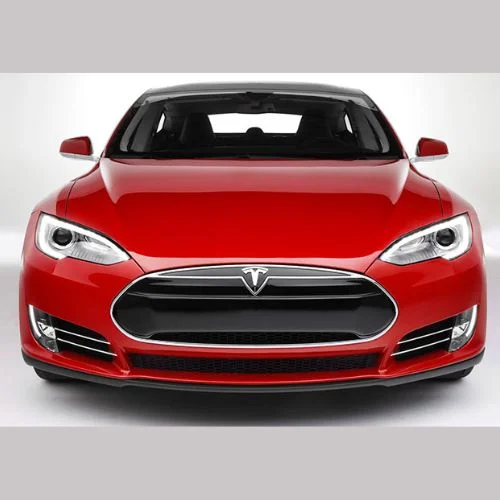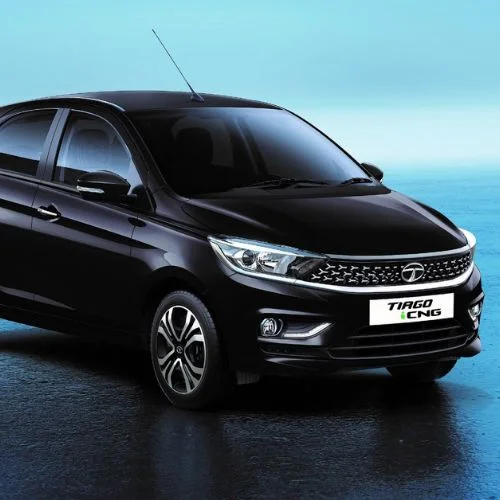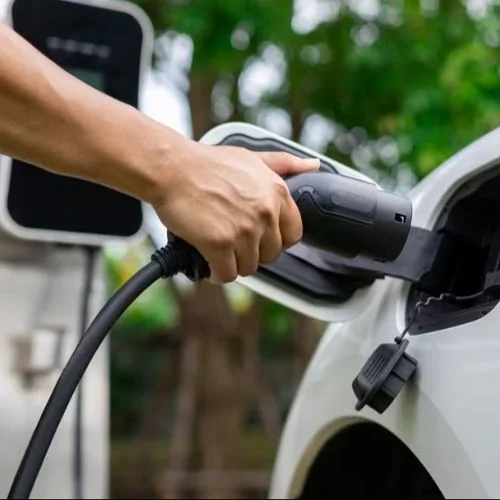When the automaker released better-than-expected second-quarter earnings on Wednesday, it cited “strong” orders and “robust and high-quality” demand for vehicles like the flagship electric EQS. Later this year, a new SUV version of the vehicle will be added to the roster, which could increase sales.
In order to keep up with demand for the remainder of the year, Mercedes-Benz AG increased its outlook for the year.
When the automaker released better-than-expected second-quarter earnings on Wednesday, it cited “strong” orders and “robust and high-quality” demand for vehicles like the flagship electric EQS. Later this year, a new SUV version of the model will be added to the lineup, which should help increase sales.
“We see healthy demand across all main markets,” Chief Executive Officer Ola Kallenius said on a call with analysts. “Maybe it’s a result of being in the third year of artificial constraint from the semiconductor shortage.”
The largest luxury car manufacturer in the world now anticipates group earnings to be marginally higher than last year, as opposed to being flat, while returns from carmaking are anticipated to be between 12 percent and 14 percent, which is marginally higher than previously.
Mercedes joined other large automakers in expressing concerns about increasing inflation, supply-chain issues, and a deteriorating energy supply crisis in Europe while laying out a strong few months ahead. The shortage of semiconductors that has forced widespread production halts is still a problem for the auto industry. The majority of manufacturers are observing symptoms of the supply shortage easing, but they are still far from certain to be able to obtain enough of the sophisticated components.
Mercedes increased its 2022 guidance after beating expectations in the second quarter, helped by production exceeding deliveries. The second half of the year is expected to benefit from easing supply constraints, pent-up demand, and inventory rebuilding, but the outlook for 2023 remains uncertain due to recession fears and gas rationing. Despite a decrease from 16.5 percent in the first quarter, cars reported a 2Q Ebit margin of 14 percent, which allowed margin outlook to be increased to 12-14 percent (from 11.5-13 percent) with consensus already at the top end.
Empty dealer lots have made it possible for automakers to do away with the usual steep discounts, and secondhand car prices have also skyrocketed. In order to compete with electric vehicle market leader Tesla Inc., Mercedes, like other automakers, has emphasised the production of its most profitable models.
Mercedes has also taken additional measures to maintain operations in light of the prospect of gas rationing in Germany as a result of Russia’s plan to reduce supply through a crucial Baltic Sea pipeline, which has stoked concerns about a sudden halt to delivery during the winter. The high-end electric EQS, S-Class, and Maybach are produced at the company’s Sindelfingen factory, which is now capable of running without natural gas, which is traditionally utilised in automakers’ paint processes.















